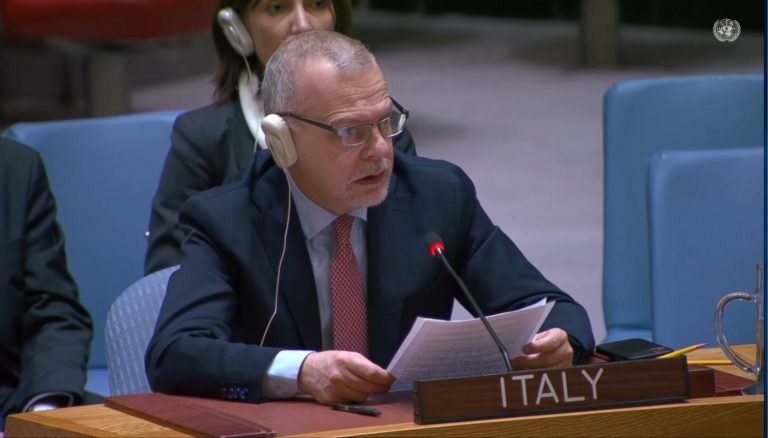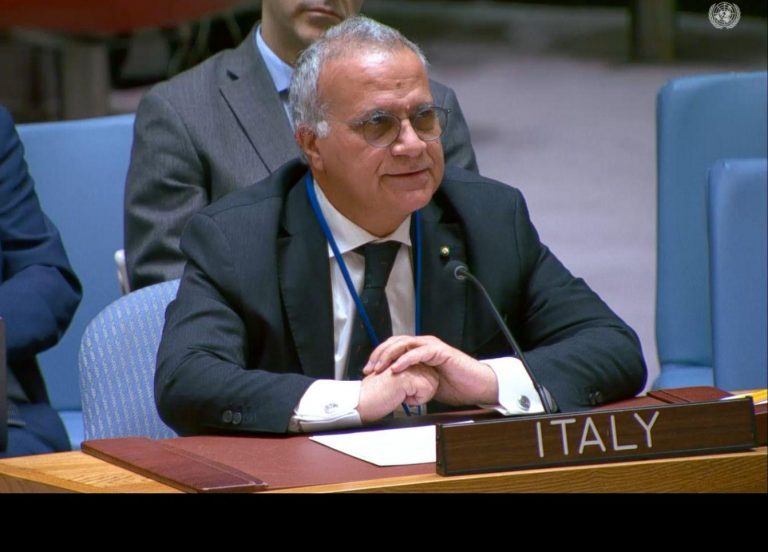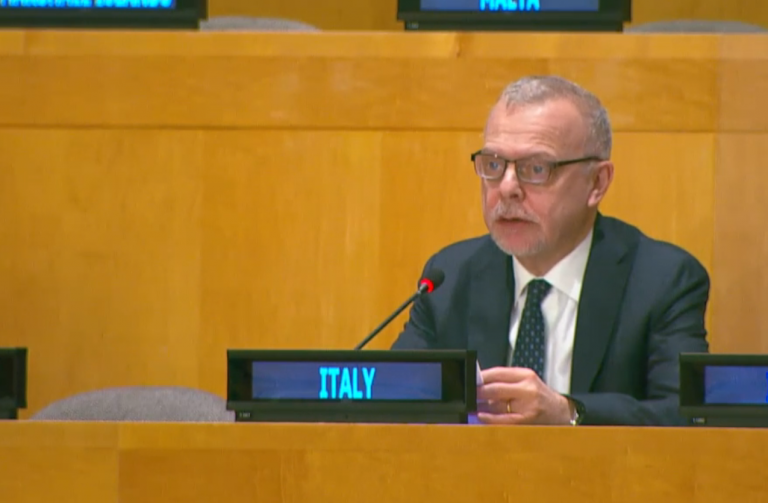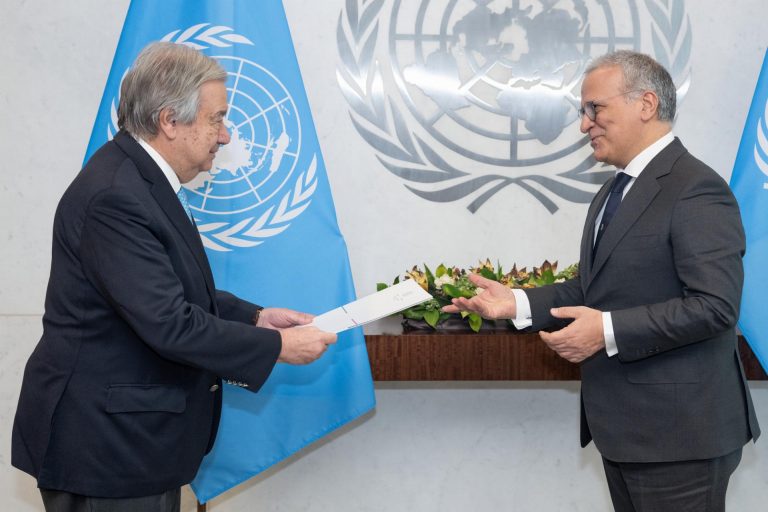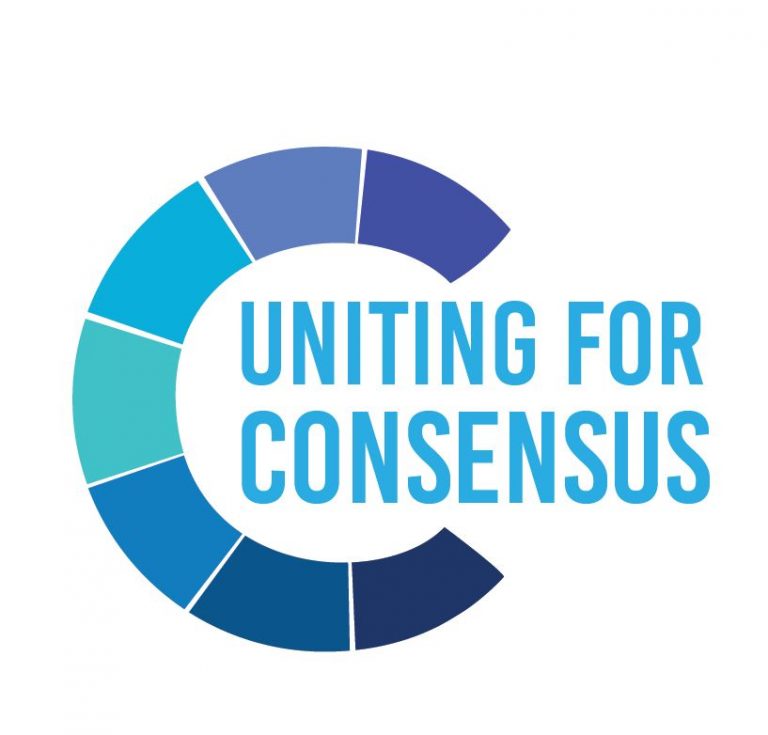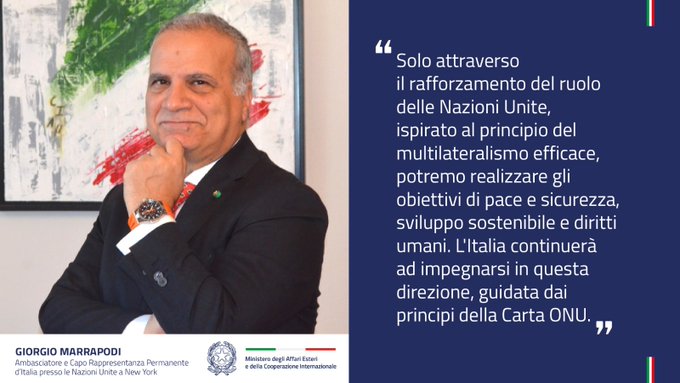OPENING REMARKS
Dear friends, Dear colleagues, Dear panelists
I am honored to welcome you to this High-Level Event celebrating the International Day for the Prevention of and Fight against All Forms of Transnational Organized Crime together with UNODC and Member States that are part of the core group that proposed the resolution: Austria, Colombia, Dominican Republic, Hungary, Japan, Morocco, Peru, Saudi Arabia.
Today, we gather with a shared commitment to address the pervasive and evolving challenge of transnational organized crime—an issue that impacts societies, economies, and security worldwide.
Organized crime has a far-reaching influence, extending beyond borders and affecting communities at every level. These crimes undermine the rule of law, weaken institutions, and infringe upon human rights, ultimately creating barriers to social progress and sustainable development. As such, the fight against transnational crime is not just a matter of justice and security; it is fundamentally a matter of development and equity. This commitment to justice and social development, in line with Sustainable Development Goal 16, was underscored during Italian President Sergio Mattarella’s visit here to the United Nations in New York, where he reaffirmed Italy’s dedication to multilateral efforts in achieving sustainable peace and security. His visit served as a reminder of the global dimension of this fight and the need for collective international action to address the root causes of organized crime.
Our discussions today will highlight how combating organized crime and promoting social development are intrinsically linked. When communities are resilient, well-resourced, and empowered, they become less vulnerable to the influence of criminal networks. Investments in education, healthcare, job opportunities, and social support systems are essential to fostering an environment where crime finds no foothold. By addressing the root causes of vulnerability and inequality, we can build a more just and inclusive society, reducing the social conditions that organized crime often exploits.
In addition to collaborative law enforcement efforts, we must prioritize preventive measures that focus on social and economic development, social and economic empowerment, human rights, and access to justice for all. Our goal must be to strengthen societies in ways that eliminate the conditions in which organized crime can thrive, allowing our communities to flourish, safe from exploitation and harm.
Dear colleagues,
Let me say that, in this commitment, Italy’s experience serves as a powerful testament to both the challenges and the resilience required to combat organized crime. Italy has seen the sacrifice of many courageous individuals—police officers, judges, and civil servants—who have risked, and even given, their lives in the struggle against mafia networks. We remember heroes like Judges Giovanni Falcone and Paolo Borsellino, whose legacy continues to inspire efforts worldwide. But it is not only those in public service who have shown extraordinary bravery; ordinary citizens, entrepreneurs, and workers have also resisted organized crime at great personal risk standing up to the mafia’s demands for extortion and refusing to be blackmailed. Tragically in numerous cases, their commitment to integrity cost their lives. Italy’s experience teaches us that a true fight against organized crime involves all of society, reinforcing the notion that social development, civic integrity, and collective resolve are essential in creating communities resilient to criminal influence.
Finally, I want to underscore innovative approaches to the assets confiscated from criminal organizations. These assets are repurposed for social initiatives, empowering communities with resources that once fueled criminal enterprises. Such programs support job creation, education, and social services, transforming former symbols of criminal power into beacons of hope and social progress. I look forward to hearing from our distinguished speakers and participants, whose insights and experience will guide us toward effective strategies that integrate the fight against transnational organized crime with our vision for sustainable development. Let us use this occasion to reaffirm our commitment to a holistic approach, one that combines justice, prevention, and social progress for a safer, fairer world for all.
I thank you.








